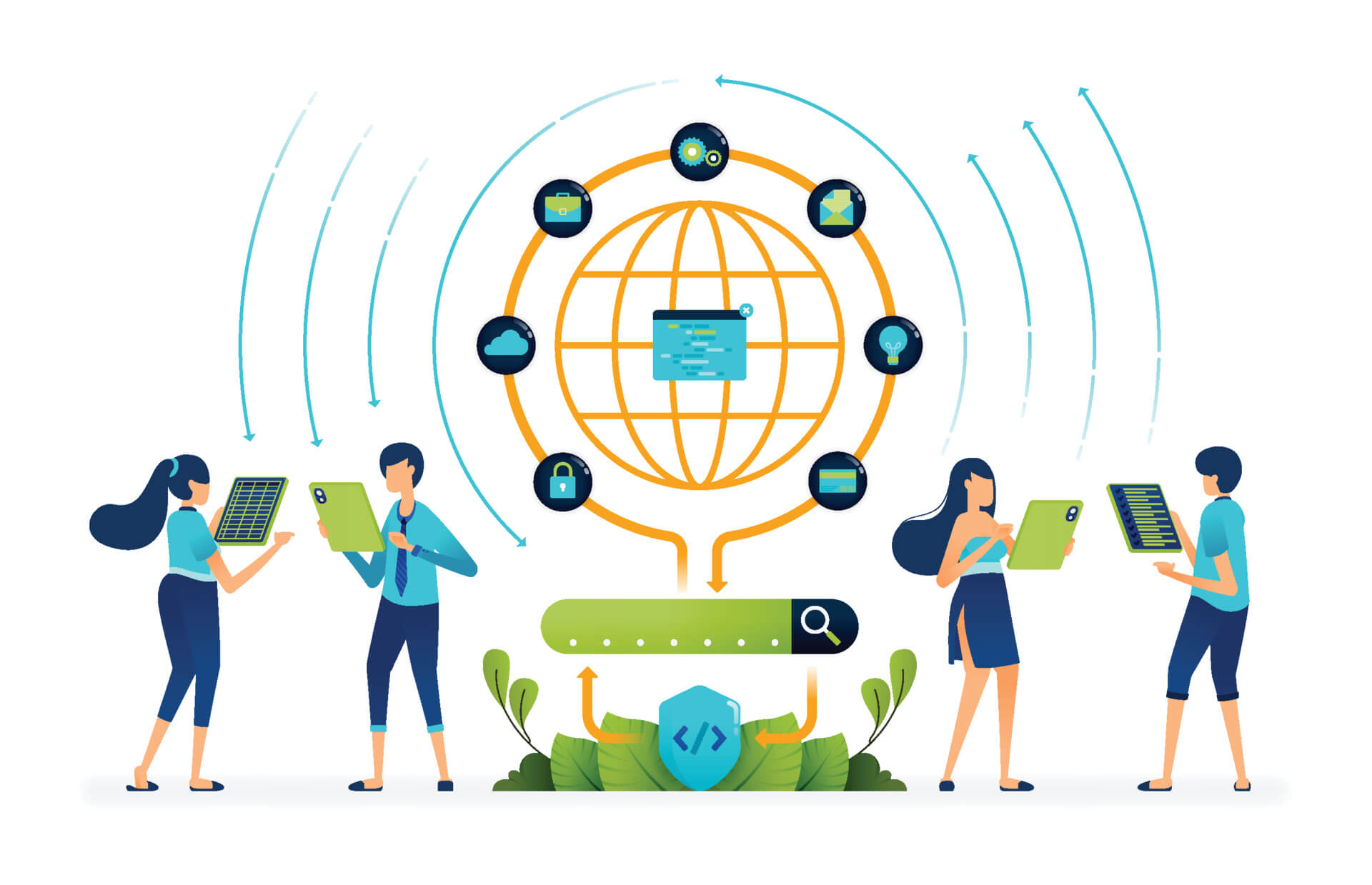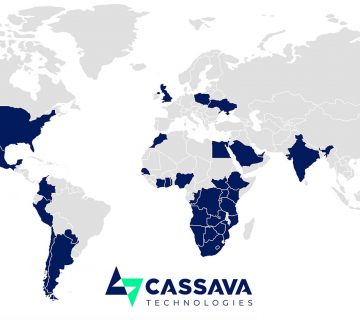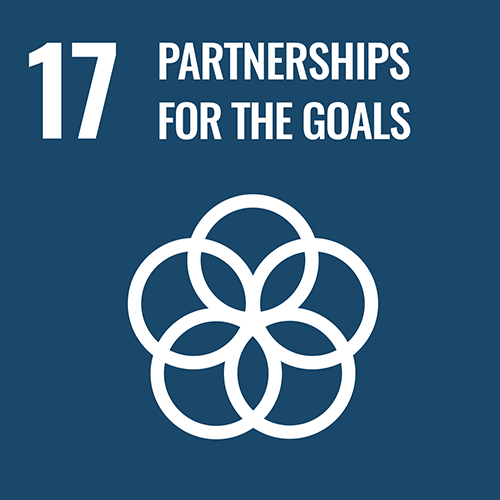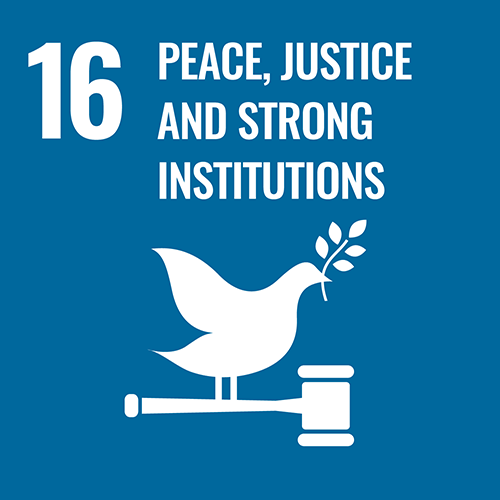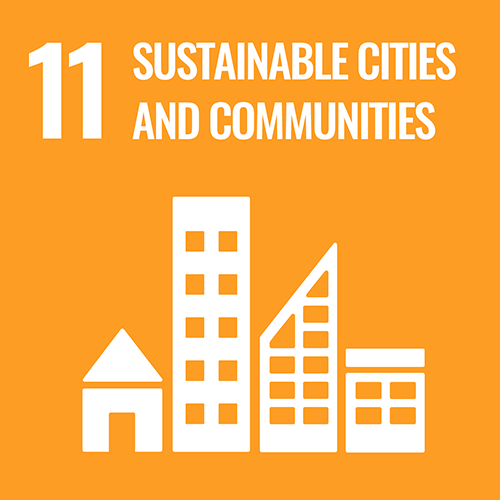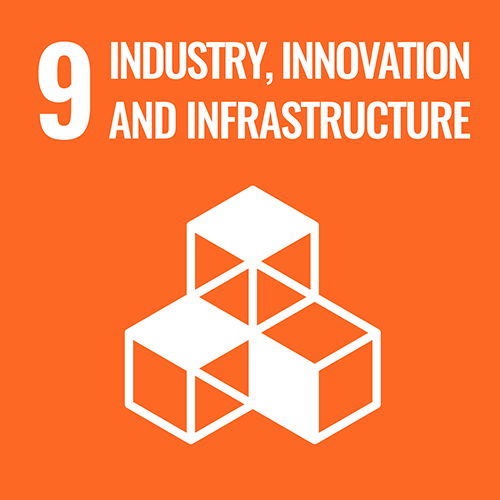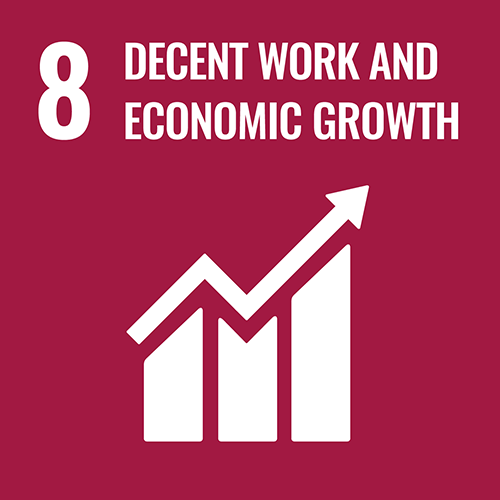Denise Pearl, Sustainability/Geo ISV Partnerships, Google Cloud and Abe Tarapani CEO, Atlas AI
What if governments could quantify where improved access to safe drinking water would have the greatest benefit on communities? Or if telecom and energy companies could identify ways to expand infrastructure access and improve regional wealth disparities?
Satellite imagery and data from other “earth observation” sensors, combined with the analytical power of artificial intelligence (AI) can unlock a detailed and dynamic understanding of development conditions in communities. This helps connect global investment and policy support to the places that need it most. Atlas AI, a public benefit startup, has developed an AI-enabled predictive analytics solution powered by Google Cloud that translates satellite imagery and other context-specific datasets into the basis for more inclusive investment in traditionally underserved communities around the world.
The company’s proprietary Atlas of Human Settlements, an interlinking collection of spatial datasets makes Atlas AI’s platform possible. These datasets measure the changing footprint of communities around the world, from a village in rural Africa to a large European city, alongside a wide range of socioeconomic characteristics. These include the average spending capacity of local households, the extent of electricity access, and the productivity of key crops supplying local diets. Atlas AI, a Google Cloud Ready — Sustainability Partner, provides access to software and streamed analytics that enable business, government and social sector customers to address urgent real-world operating, investment and policy challenges.
Identifying unmet and emerging demand for consumer-facing businesses
For businesses serving end consumers such as in the telecom, financial services and consumer goods sectors, Atlas AI’s Aperture™ platform can help to identify revenue expansion opportunities with existing customers, forecast future infrastructure demand and promote more inclusive market expansion strategies. The company’s technology analyzes recent market trends based on socioeconomic forecasts from the Atlas of Human Settlements such as demographic, asset wealth, and consumption growth, alongside an organization’s internal operations and customer data to identify strategies for business expansion, customer growth and sustainable investment.
Cassava Technologies, Africa’s first integrated tech company of continental scale, with a vision of a digitally connected continent that leaves no African behind, became an early adopter of the Aperture platform. Through this initiative, Cassava, aided by the hyperlocal resolution of Atlas AI’s market data and predictive analytics, has identified pockets of high internet usage in the Democratic Republic of Congo. The success of this initiative in just one country reiterates the real-world use of AI and how businesses on the continent can make informed decisions based on available intelligence.
Commenting on this achievement, Hardy Pemhiwa, President and CEO of Cassava Technologies, said, “Cassava’s mission is to use technology as an enabler of social mobility and economic prosperity, transforming the lives of individuals and businesses across the African continent. Deploying billions of dollars into such a rapidly evolving market requires a level of predictive market and business intelligence that has historically been unavailable before Atlas AI. We see great potential for this technology in promoting expanded global investment into Africa’s development.”
Mapping vulnerable communities to inform climate action
Another promising application of Atlas AI’s technology involves the assessment of how climate change is affecting vulnerable populations.
For example, Aquaya Institute, a nonprofit focused on universal access to safe water, utilized Atlas AI’s ApertureTM platform, and in particular datasets on human and economic activity in Ghana, to identify the best areas to expand water piping based on low existing coverage of piped water networks and the ability of customers in those regions to pay for those services.
Aquaya concluded that the methodology used in its project can be used for a wide range of water and sanitation projects. Importantly, the authors note that “similar approaches could be extended to other development topics, including health care, climate change, conservation or emergency response.”
To study these impacts, researchers first need data on the sociodemographic characteristics of people living in affected areas- often areas lacking in recent granular statistical data. Stanford professors and Atlas AI Co-Founders David Lobell, Marshall Burke and Stefano Ermon originally established via their academic research the efficacy of using satellite imagery and deep learning AI methods to identify impoverished zones in Africa. The team was able to correlate daytime imagery and brightly lit images of the Earth at night with areas of high economic activity. The researchers then used the visual representation to predict village- level development indicators such as household wealth.
Atlas AI arose from that body of research at Stanford thanks to partnership with The Rockefeller Foundation, with an aim of building the Atlas of Human Settlements to global scale and making that data informative and useful for real-world decision making such as guiding sustainable infrastructure development. One constant from the Stanford research to Atlas AI’s current product development has been Google Earth Engine, which continues to power the company’s ingest and processing of petabytes of satellite imagery.
Atlas AI and Google Cloud: Promoting sustainable investment globally
New planetary-scale data sets such as satellite imagery and deep learning AI technologies offer unprecedented capacity to generate economic estimates, guide investment and improve operating efficiency of organizations in countries where data is often scarce or out of date. These technologies can be used to improve targeting of social programs, to route infrastructure to disconnected communities and to gain a better understanding of how our activities are affecting the planet.
Google Cloud has been working with partners such as Atlas AI to help our mutual customers around the world meet their environmental social and governance (ESG) related commitments. The Google Cloud Ready – Sustainability program is a recently announced validation program for partners with the goal of accelerating the development of solutions that can drive ESG transformations.
Atlas AI is among the first Google Cloud partners to receive the Google Cloud Ready – Sustainability designation. Collaborative efforts among solutions providers, such as Atlas AI and other partners, will continue to create innovative, intelligent technologies that can improve the outlook for millions of people around the world.
